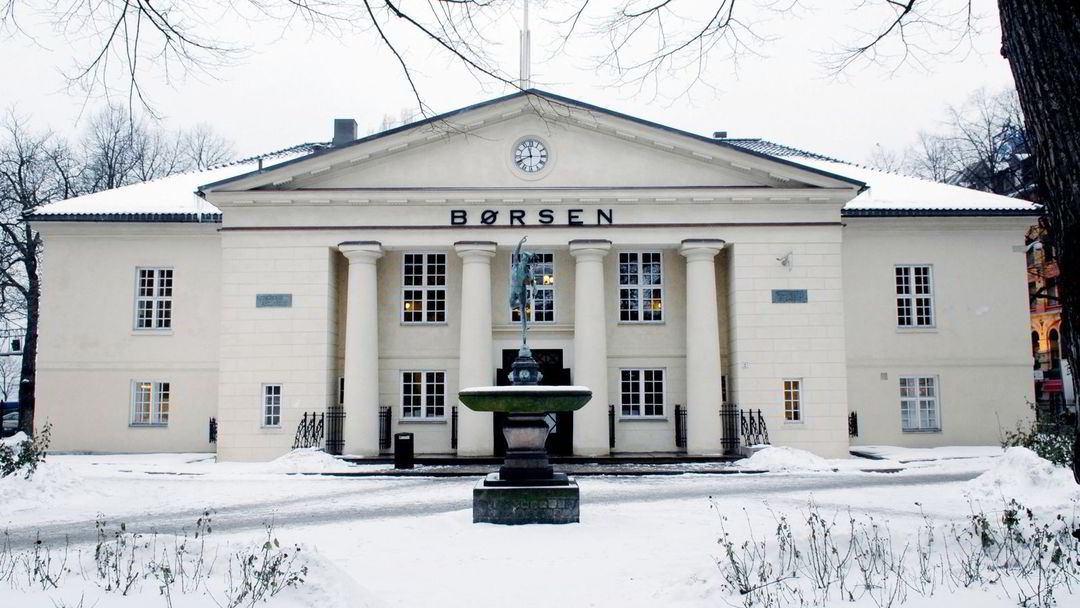Vilnius, Dec. 9, LETA – BNS. Lithuanian Transport Minister Marjus Skuodis has also announced that he is ready to resign due to the fact that the transportation of the products of the Belarusian potassium fertilizer manufacturer “Belarusjkali” continues through Lithuania, although the US sanctions came into force on Wednesday.
As announced, the Minister of Foreign Affairs Gabrieļus Landsbergis, who is also the chairman of the party “Fatherland Union-Lithuanian Christian Democrats” belonging to the ruling coalition, expressed readiness to resign, stating that he would await the decision of the Prime Minister Ingrida Šimonīte.
Šimonīte has already announced that a decision regarding the two ministers will be made early next week “in accordance with the criteria of political responsibility”.
Skuodis, who is currently on a business trip abroad, regretted the situation at a remote press conference, acknowledging that Lithuania lacks experience with sanctions of this magnitude.
“I informed the Prime Minister this morning that I am ready to take responsibility – I simply failed to comply with the sanctions. Lithuania has no experience with such sanctions related to such complex agreements. [starp Lietuvas valsts dzelzceļa kompāniju “Lietuvos geležinkeliai” un “Belaruskaļij”], “said a minister delegated to the post by the Liberal Freedom Party.
According to him, there are “certain legal traps” in this situation, and there are two possible ways out of this – the decision on compliance with sanctions must be made by either the Seimas or the government.
“The Seimas could pass a law – as in the case of the Astravyev nuclear power plant,” the minister said, recalling a Lithuanian law restricting the import of electricity from the Astravyez NPP and other unsafe nuclear power plants in third countries built in Belarus. “The alternative is a government-level solution that would oblige all our companies not to participate in the transportation of fertilizers.”
On Wednesday, the Minister of Transport asked the government commission, which evaluates the transactions of strategic companies, to give an opinion on whether the agreement between Lietuvos Geležinkeliai and the Belarusian state-owned company Belarusjkali, the world’s largest producer of potassium carbonate fertilizers
meets the national security interests of Lithuania.
He told Lithuanian public radio on Thursday that Lithuania could face serious and difficult litigation if it broke the contract with Belarus for the transportation of cargo, so it “cannot afford to make hasty, unbalanced and impulsive decisions”, but if the government commission sees a threat in the agreement national security, it will be broken.
According to Skuozis, the state is considering ways to reduce the financial risks of terminating the contract, while lawyers have concluded that the financial responsibility for the contract lies with the board of Lietuvos Geležinkeliai.
Mantas Bartuška, the head of Lietuvos Geležinkeliai, has announced that the company could face hundreds of millions of euros in breach of contract. At the same time, he emphasized that the agreement could be terminated unilaterally only if it was decided by the state institutions.
He stated that under the current agreement, an institutional decision would be classified as a case of force majeure, which would allow the company not to suffer financial losses, but if the group of public railway companies terminates the LTG contract itself, the other party could this claim, at least in part, would put the group at risk of bankruptcy.
“Lietuvos geležinkeliai” said on Wednesday that Belarusjkali’s products are still being transported through Lithuania, as the advance payment made by the Belarusian company in November is enough to cover the expenses of railway services in December and possibly also in January.
The railway company indicated that it had informed the Ministry of Transport and the Ministry of Foreign Affairs about the prepayment.
Landsberg, for his part, said the railway company had informed the Ministry of Foreign Affairs of an advance payment to Belarus in September for services in October, but not of any subsequent payments.
Skuodis, meanwhile, said the contract between the railway company and Belarusjkali was confidential, but he personally wondered whether the contract could be terminated and the prepayment returned.
“Until the last moment we hoped that this situation could be resolved within the framework of the agreement, unfortunately there was a lack of time,” he told reporters.
According to the Minister, at the end of November he was informed that the railway company had received an advance payment for transportation after December 8.
LTG Cargo, a freight carrier of the Lithuanian State Railway Group, estimates that about one million tons of fertilizer will be transported in December, which means that six to nine freight trains will still pass through Lithuania.
The prime minister also said on Thursday that the government was looking for ways for the country to withdraw from the agreement between Lietuvos Geležinkeliai and Belarusjalkiji without significant losses.
“I would like to emphasize that US sanctions primarily affect US legal entities and do not have a direct impact on Lithuania, so we need to look at the operation of the agreement, not the application of sanctions. These are different things,” she said.
–

